When “Legion” premiered on FX in February 2017, it reshaped what a superhero show could be. Far removed from the high-octane battles of its Marvel counterparts, “Legion” delves deep into the psyche of David Haller, a man diagnosed with schizophrenia who discovers he might actually be the most powerful mutant alive.
This series, masterminded by Noah Hawley of “Fargo” fame, mixes genres, defies expectations, and explores the complexities of the mind in a way that’s as bewildering as it is captivating. Bust out the popcorn — it’s time for a re-watch.
Meet David Haller: Not Your Average Hero
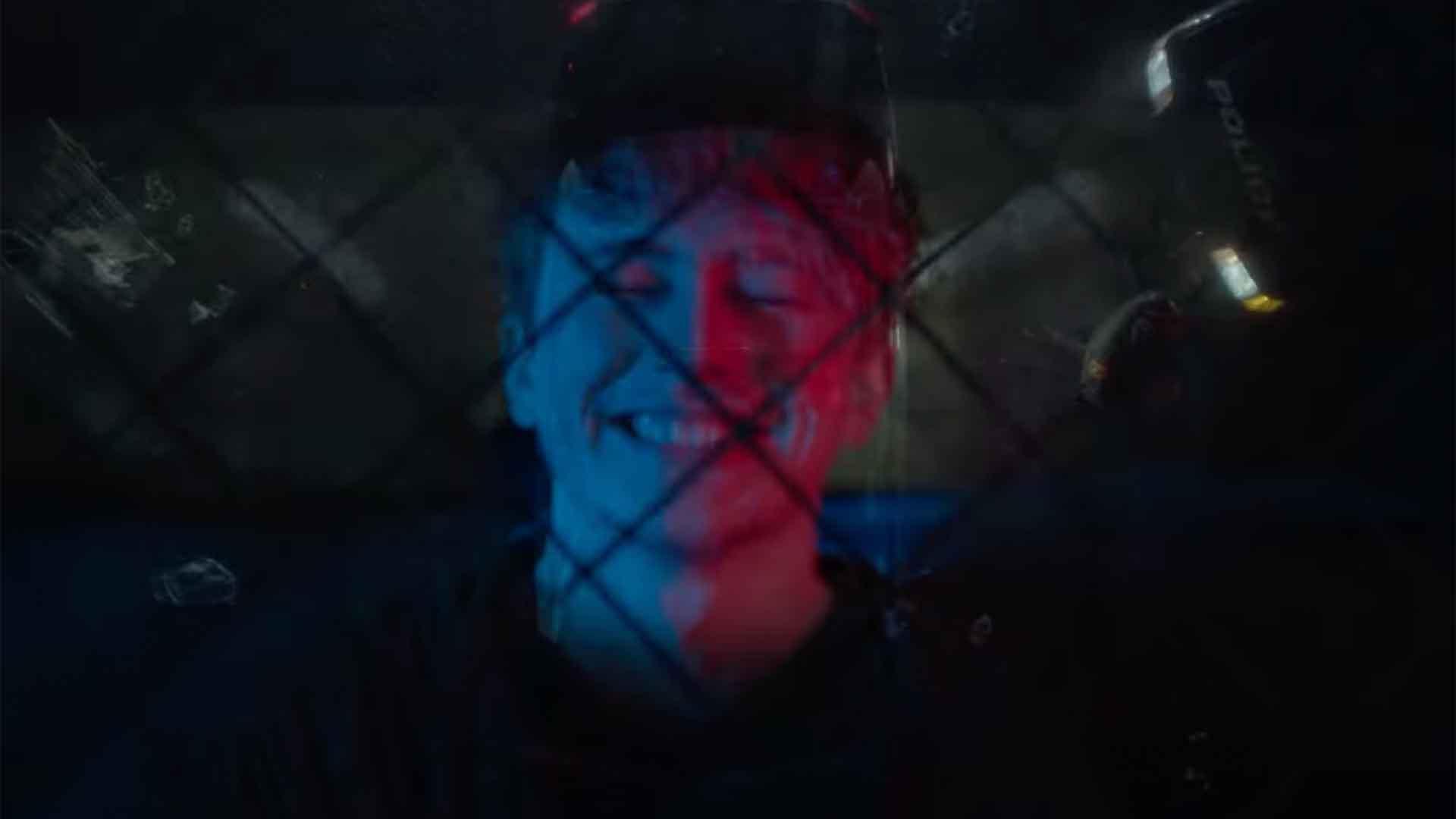
David Haller’s life is a far cry from the typical superhero narrative. Institutionalized for schizophrenia, David’s story begins in the confines of a psychiatric hospital, a setting that’s both literal and metaphorical for the internal battles he faces.
When he’s rescued by a group of mutants, his journey of self-discovery takes him down a path filled with uncertainty, power, and the realization that his “mental illness” might actually be his greatest strength.
The Shadow King: A Villain Like No Other
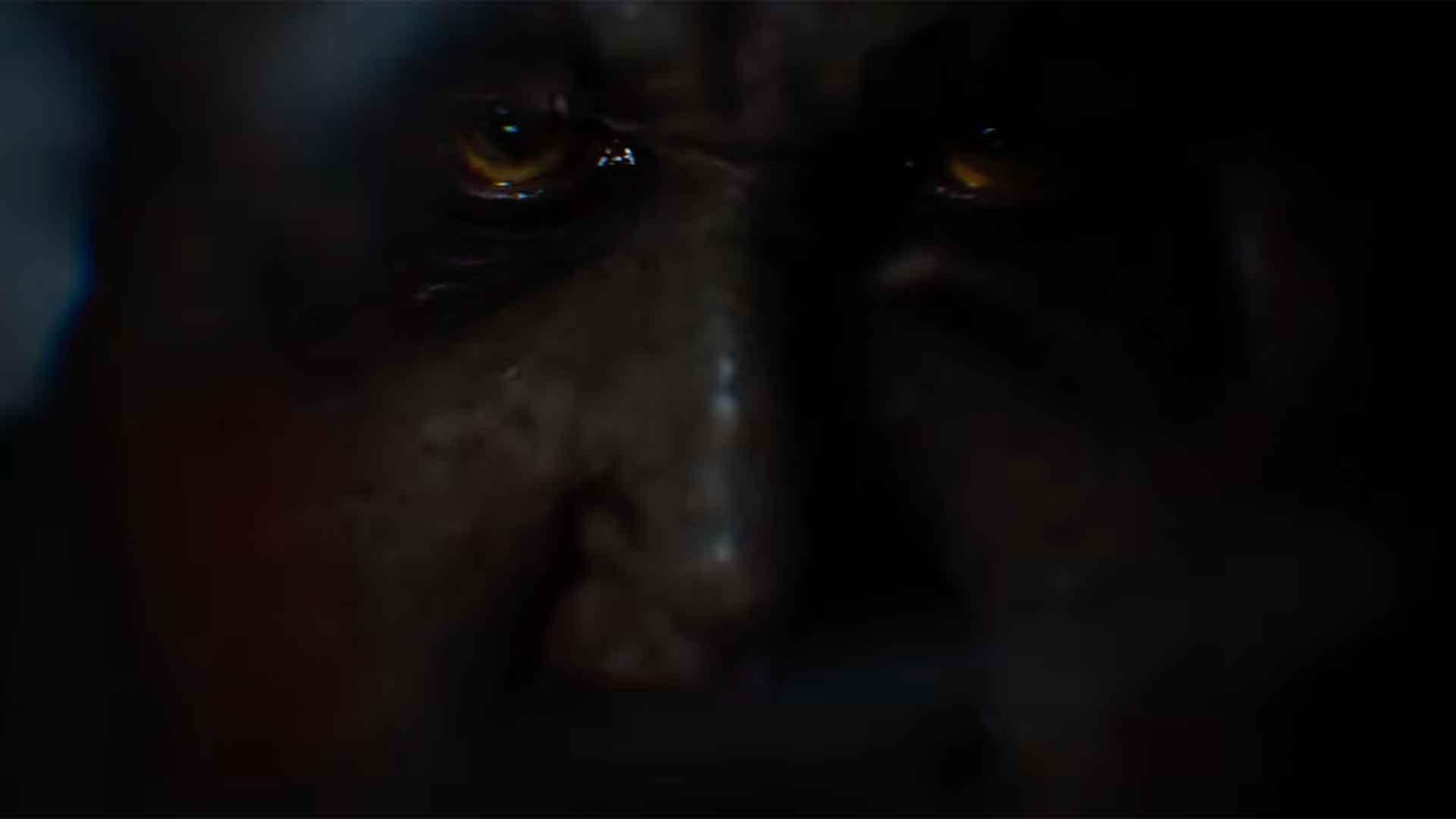
The introduction of the Shadow King, a malevolent force that has latched onto David’s consciousness, elevates “Legion” above the standard hero-villain dichotomy.
This psychic parasite not only threatens David’s existence but also serves as a metaphor for his struggle with his own mind. The Shadow King’s presence weaves a complex narrative about control, identity, and the fine line between reality and illusion.
Time, Space, and Reality: The Narrative Playground

“Legion” thrives on narrative complexity, inviting viewers to navigate a maze of time jumps, alternate realities, and non-linear storytelling.
This approach reflects the tumultuous nature of David’s perception, where the distinction between what’s real and what’s imagined blurs.
From Kubrick to Lynch: Cinematic Influences
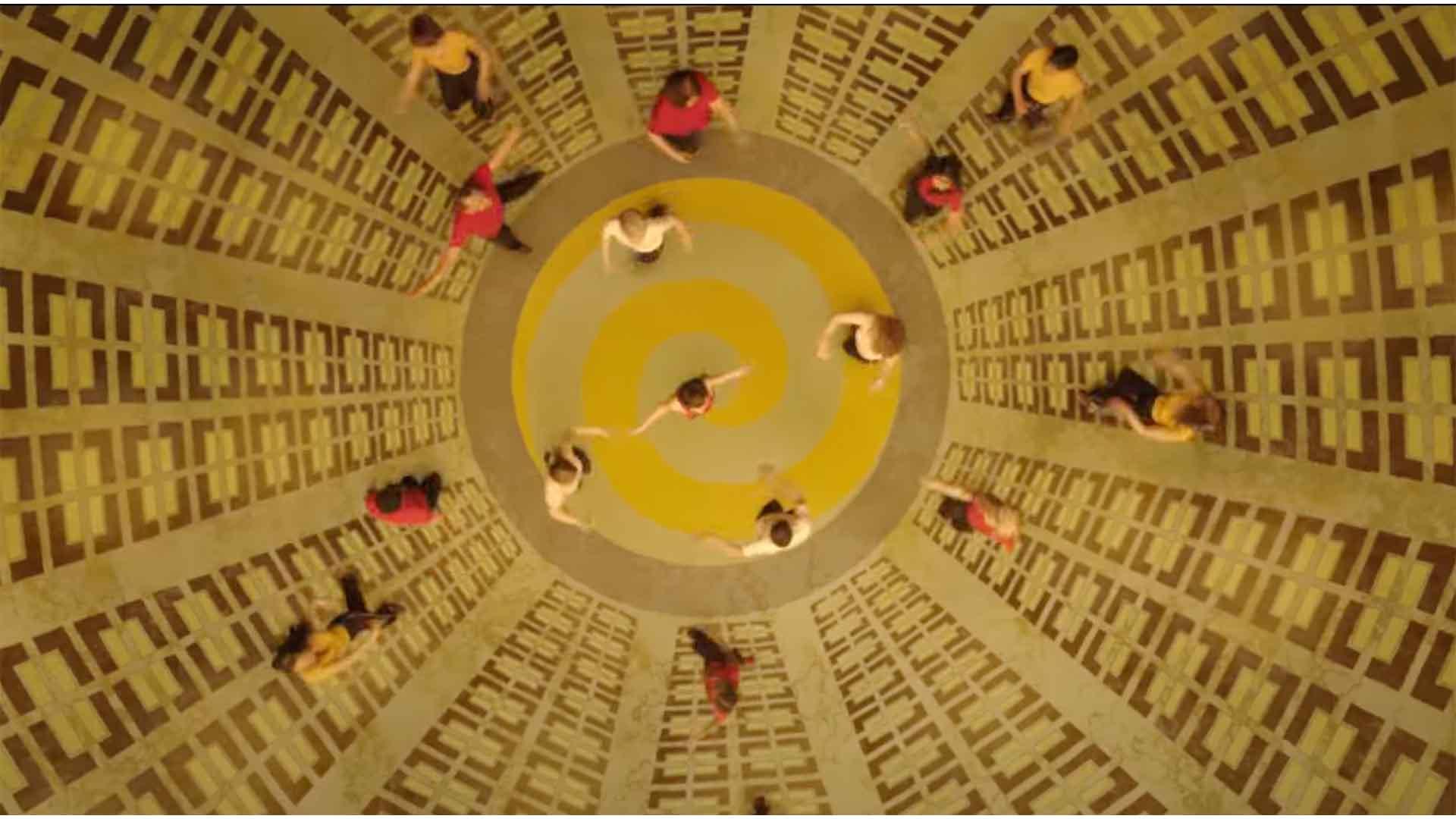
Noah Hawley utilizes Stanley Kubrick and David Lynch as major influences on “Legion’s” visual and thematic identity. The series’ aesthetic, marked by surreal settings and an ethereal tone, pays homage to these directors’ iconic styles.
Scenes reminiscent of Kubrick’s clean, symmetrical compositions and Lynch’s dreamlike, otherworldly atmospheres contribute to “Legion’s” unique visual narrative.
A Soundtrack for the Psyche
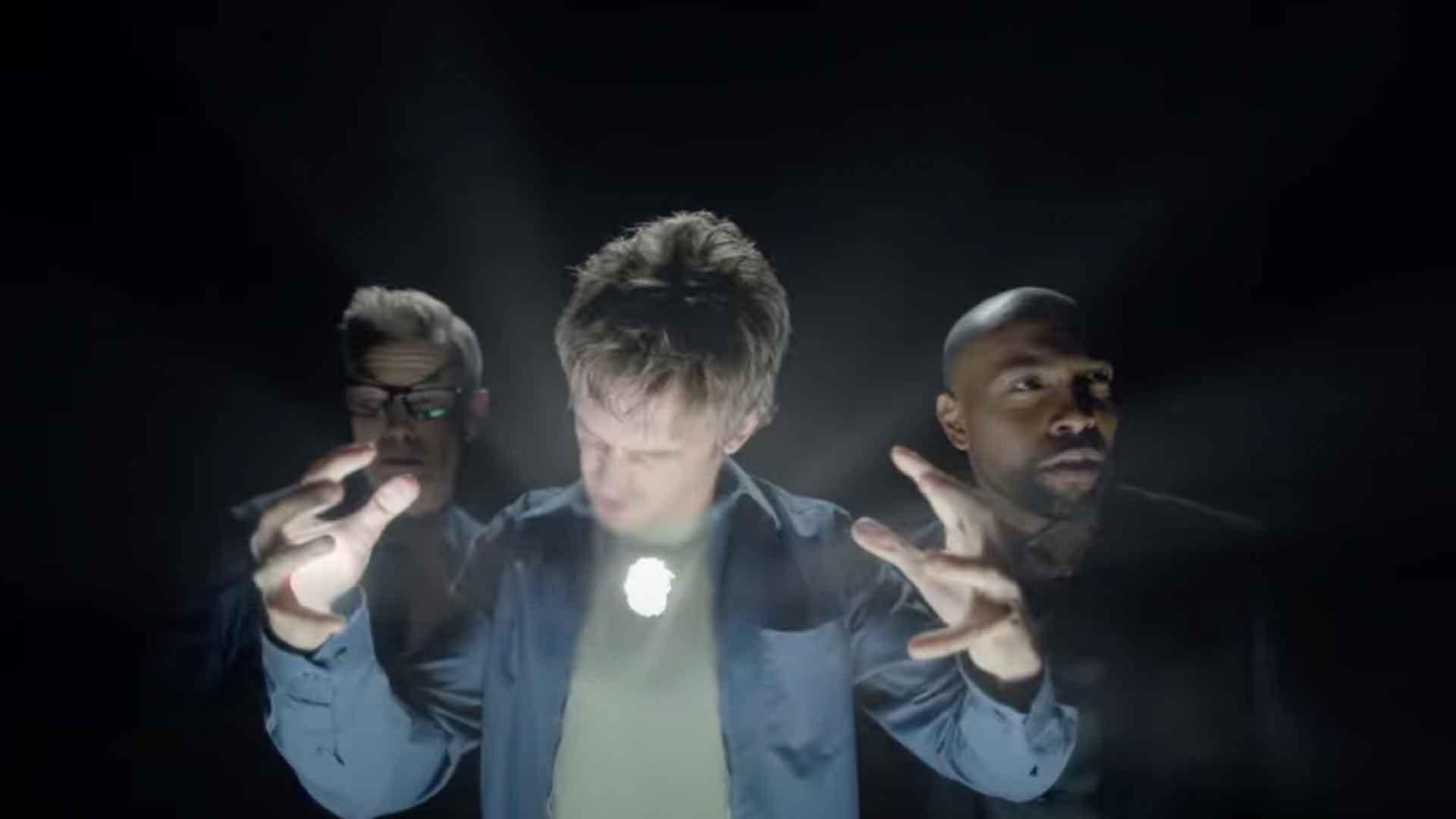
The musical landscape of “Legion” is also as integral to its storytelling as its visual cues. Inspired by Pink Floyd’s “Dark Side of the Moon,” the soundtrack mirrors the show’s exploration of mental illness, reality, and perception.
This choice in music enhances the series’ atmosphere, immersing viewers in a soundscape that effortlessly flows between the eerie and the sublime.
Tackling Mental Illness in Superhero TV
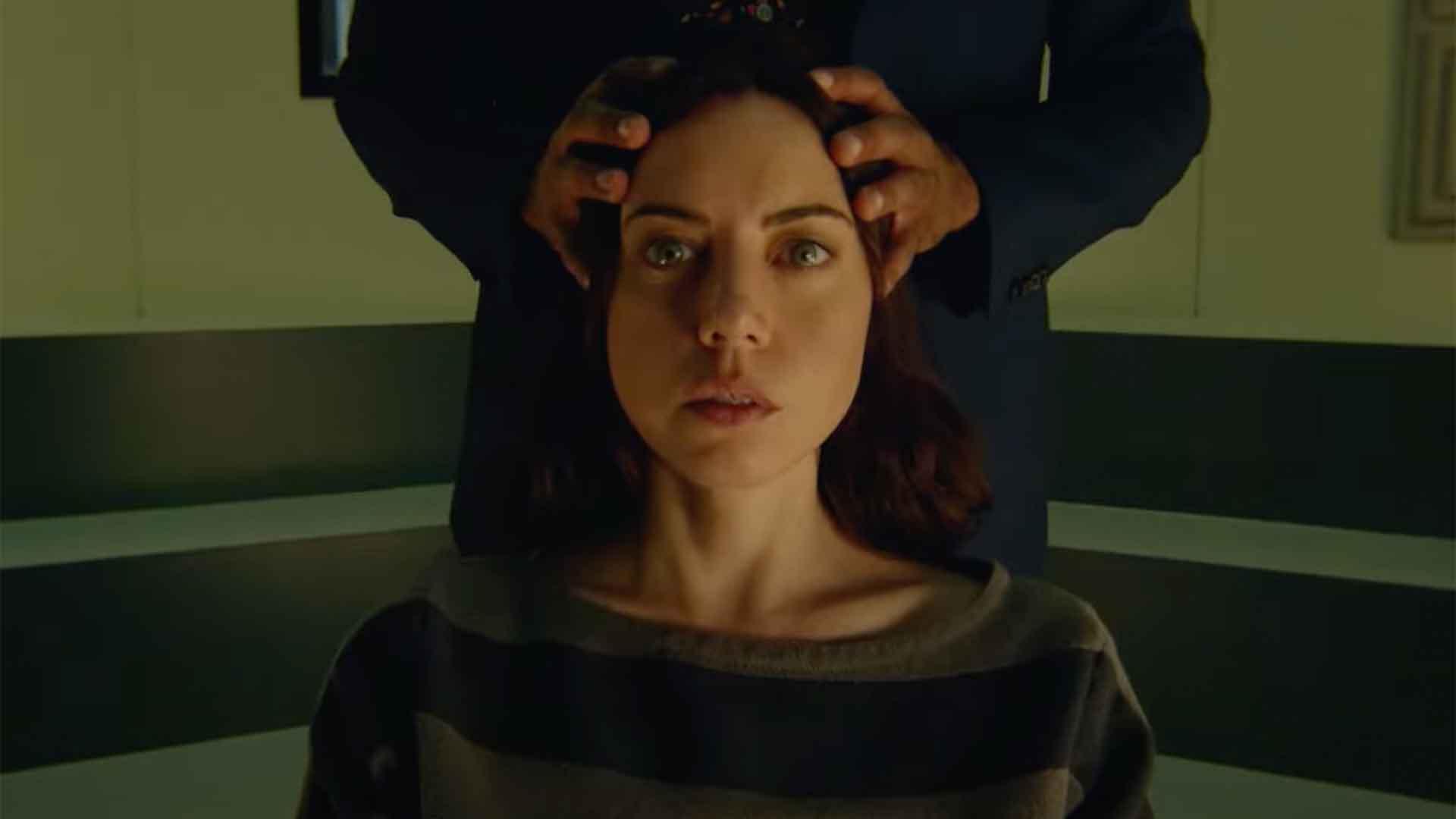
By centering on David’s struggle with what is initially believed to be schizophrenia, “Legion” offers a portrayal of mental illness within the superhero genre.
The series blurs the lines between David’s powers and his mental state, challenging preconceived notions about neurodiversity and the stigmas surrounding mental health. “Legion” posits that what makes us different might also be the source of our greatest strengths.
The Style That Sets It Apart
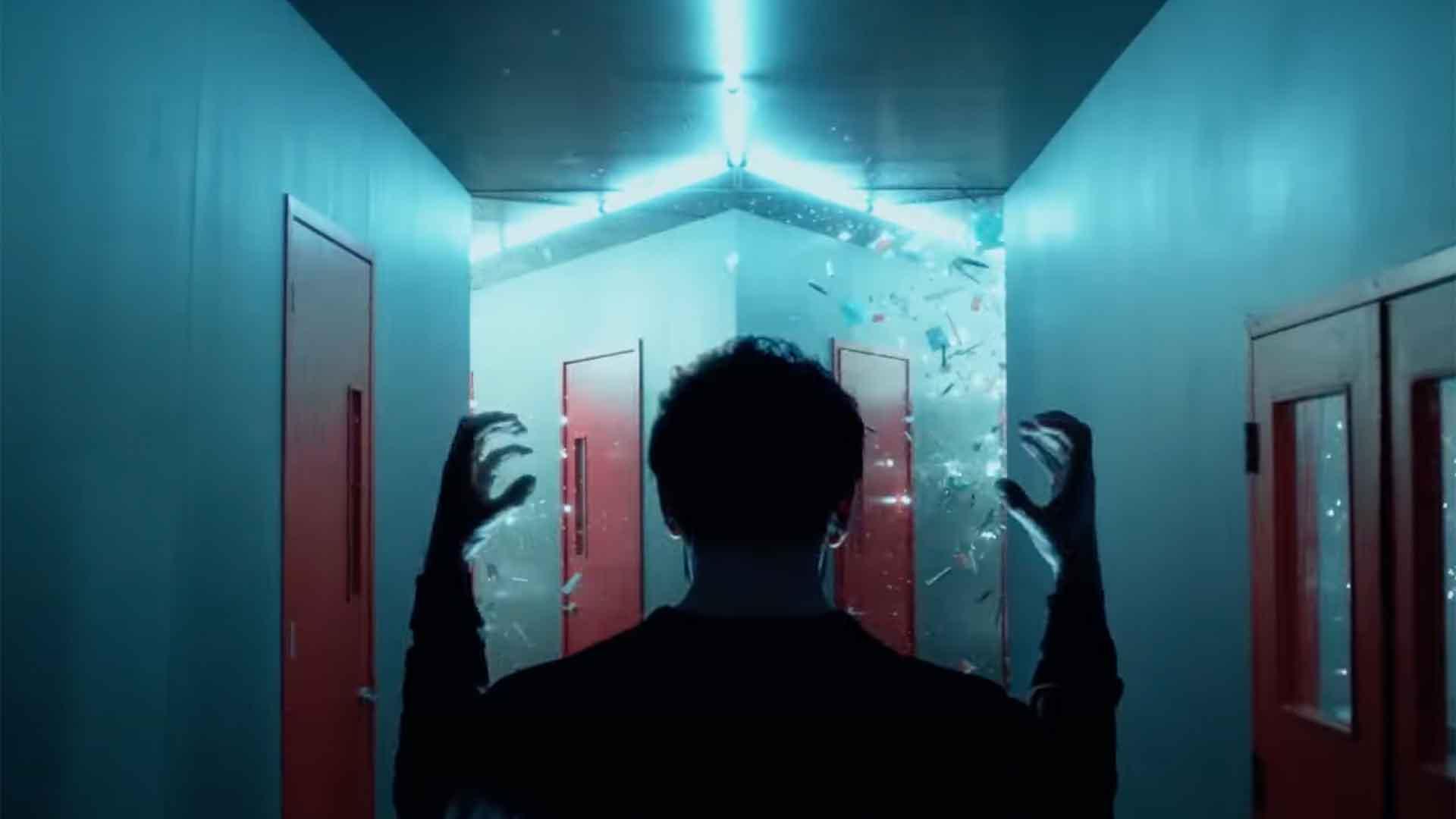
“Legion’s” embrace of the unconventional extends to its narrative style, featuring sequences that range from a Bollywood dance number to an animated battle.
These moments, while seemingly out of place in a superhero show, perfectly encapsulate the series’ commitment to breaking norms and pushing creative boundaries.
Legion’s Legacy and Influence

Though “Legion” concluded in August 2019 after three seasons, its impact on the landscape of superhero television remains profound.
The series broke new ground by demonstrating that superhero stories could be vehicles for exploring complex themes such as mental illness, identity, and reality. Its legacy lies in its courage to be different, paving the way for future shows to think outside the conventional bounds of genre storytelling.
The Conversation Around Neurodiversity
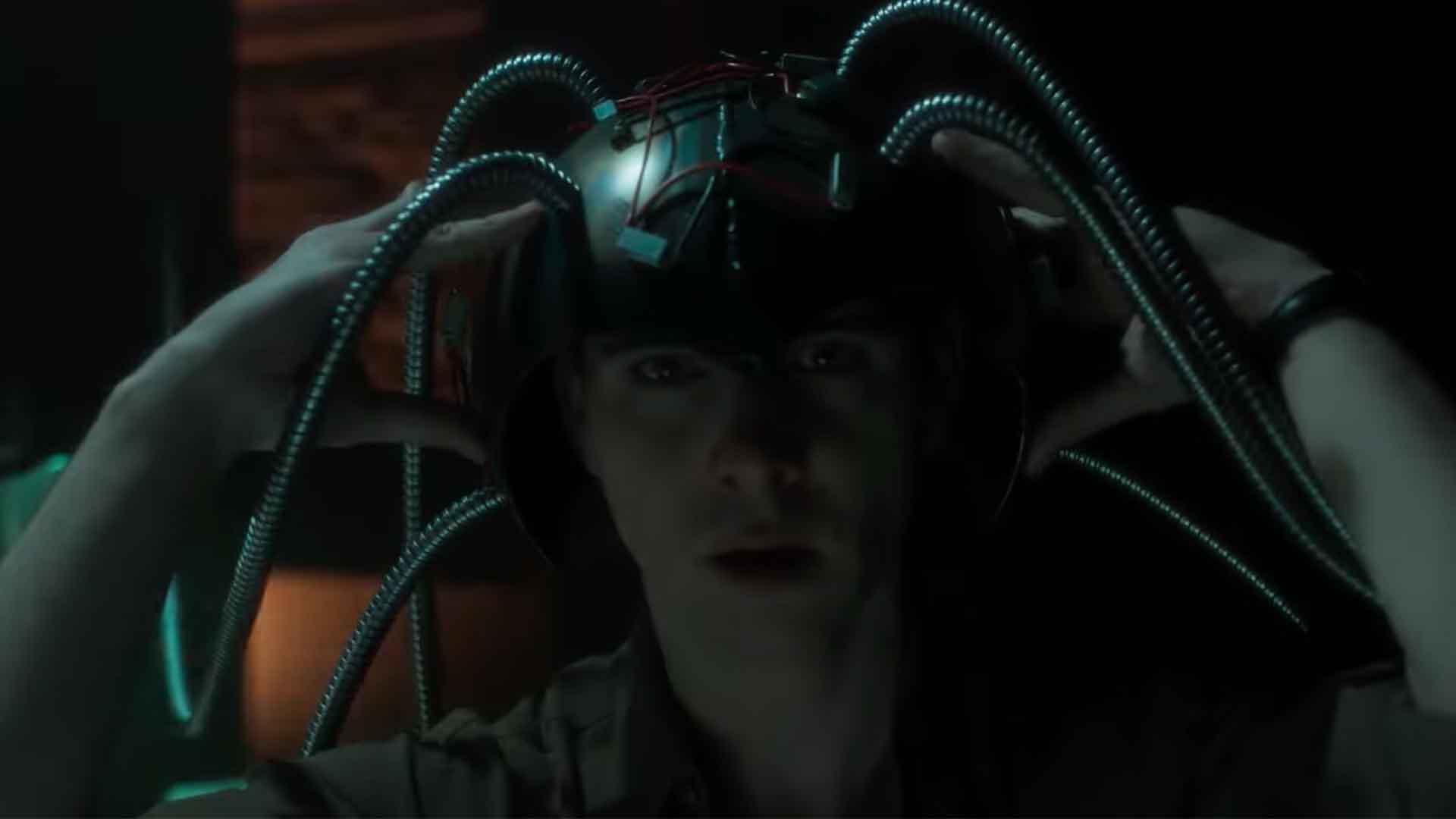
By framing David’s experiences through a superhero lens, the series invites viewers to reconsider their perceptions of mental health, challenging the stigma and stereotypes often associated with it.
“Legion” acts as a surprising reminder of the power of television to influence societal attitudes and foster empathy.
Why Legion Deserves a Rewatch

With its richly layered narrative and intricate character development, “Legion” is a series that deserves a re-watch.
Subtle details and symbolic elements, which may have gone unnoticed during a first viewing, become more pronounced, offering a deeper appreciation of the show’s complexity.
Where to Watch and What to Expect

Interested in revisiting “Legion,” or watching it for the first time? The show is available on Hulu. Newcomers can expect a show that defies easy superhero categorization, blending elements of drama, science fiction, and psychological thriller.
Fans returning to the series will likely find new layers in its narrative intricacies and visual storytelling. “Legion” is more than just another Marvel show — it’s a singular experience that pushes genre boundaries, inviting viewers to explore the depths of the human psyche.

